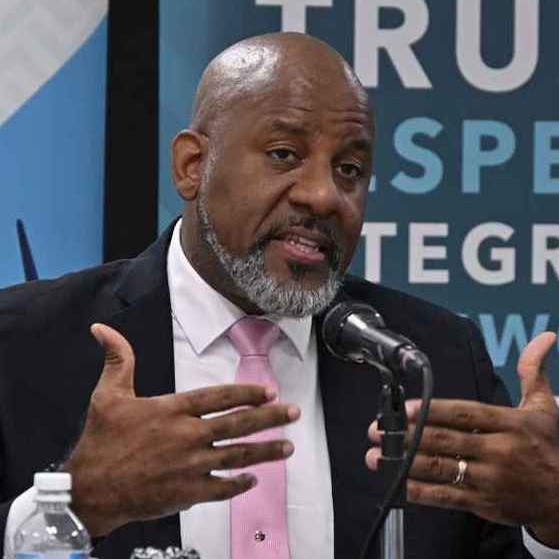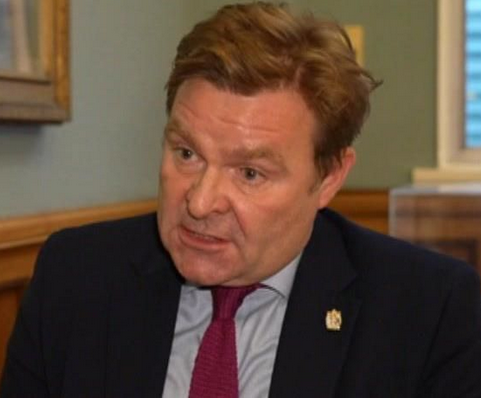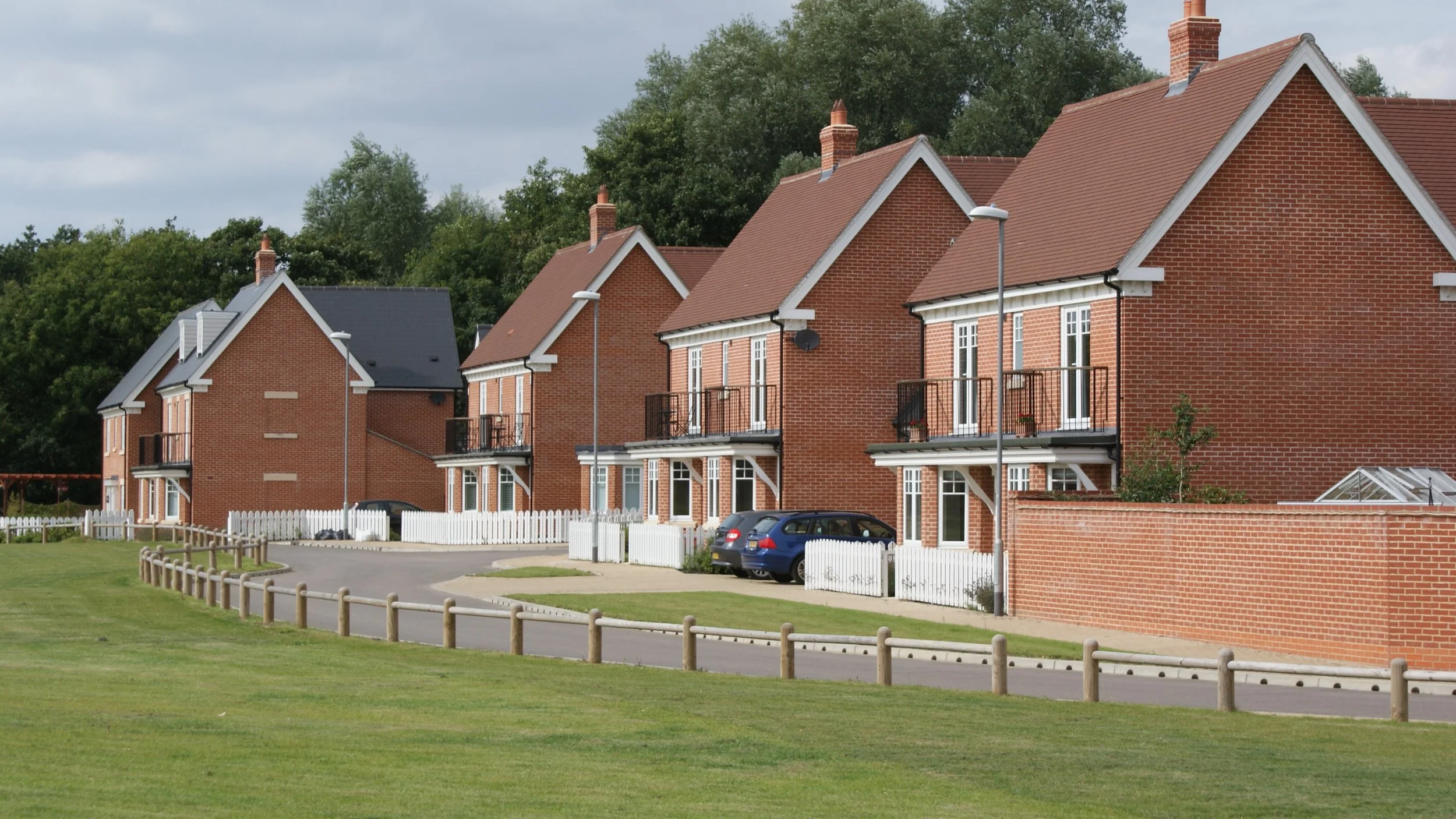HS2 has been dealt a blow today by a recent YouGov passenger survey which reveals that the majority of train passengers surveyed (59%) haven’t travelled between London and Birmingham for business purposes in the past 12 months. Based on a sample size of 1,010, only 46% of the Virgin Trains West Coast and London Midland business travellers surveyed indicated that they used the existing rail services mainly for business purposes compared to 50% for leisure purposes. Considering that a significant part of the HS2 business case is based on reducing travel time for businessmen and women, this reveals a potential gaping hole in their modelling.
In addition, the economic case for HS2 is based on the assumption that people do not work on trains. This enables HS2 Ltd to exaggerate the potential economic gain from the reduced journey times that the scheme will bring. The survey once again contradicts HS2’s findings with 35% of respondents stating that they do indeed tend to work on the train.
50% of respondents most want major improvements to local rail networks in London, Birmingham, Leeds and Manchester through investment in HS2, while only 30% prioritise major improvements in journey times from the more northern cities listed to London. The HS2 and HS3 projects are jointly estimated to cost £73 billion, a huge financial commitment which will inevitably divert much needed investment from the rest of the UK rail network.
The survey also reveals that the majority (57%) of business train travellers surveyed are not prepared to pay any more for a peak day return fare between London and Birmingham on HS2. In reality, the huge cost of HS2 will lead to higher ticket prices, which may drive existing and future passengers away from HS2 and onto cheaper alternative routes. The case for HS2 depends on a significant increase in passenger demand for the chosen route; the survey shows that this boost in demand is unlikely to materialise.
67% of those surveyed who have travelled between London and Birmingham for business purposes in the last year would prefer the Birmingham terminal to be at Birmingham New Street, with only 7% favouring HS2’s planned site, Curzon Street. HS2 prides itself on reducing the journey time between London and Birmingham; yet HS2 only delivers significant time savings by arriving at Curzon Street, a terminus station outside of the city centre. By contrast, HSUK would deliver passengers to Birmingham New Street (the preferred destination and a hub station) while also achieving a scheme wide cost saving of £21 billion.
Finally, the survey revealed the lack of public debate and awareness of viable alternatives to HS2. 65% of respondents were not aware of HSUK, an alternative high speed rail scheme. This raises serious questions about the level of transparency and public debate on what will be the UK’s largest ever public infrastructure project.
The YouGov survey is corroborated by a recent survey conducted by the ITV Tonight programme. The ITV survey revealed that less than 20% of respondents thought they would use HS2 when built, and only one in ten people thought the high speed rail link would benefit the majority of commuters. Additionally, respondents felt it was mainly a project for London - with only a third of people feeling that HS2 would benefit the north.
With public opinion firmly entrenched against HS2 and given the uncertain times in which the UK now finds itself, spending in excess of £55 billion on a high speed rail line that will predominantly serve London and not address the capacity and connectivity issues of the current rail network, makes even less sense than it did before the vote to leave the European Union. A study of the facts reveals that the environmental, business and economic case for HS2 is dubious at best and at worst a waste of precious taxpayers’ money that could be better allocated elsewhere.
















